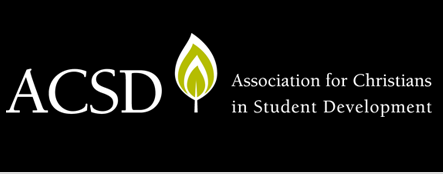Home > Other Collections > ACSD > Growth > No. 22 (2023)
Article Title
Under God: Political Views and Experiences Among Young Adults Attending an Evangelical College
Abstract
While polarization has increased the saliency of political values, political meaning-making has been scarcely addressed in higher education literature and training. Additionally, even though the political orientation of evangelicals has been back in the spotlight since the 2016 presidential campaign, little research has been done to explore the interplay of faith commitments and political values among students at an evangelical college. This study examined religiosity, ideology, political attitudes, the salience of political identity, and experience with political differences among students at an evangelical Christian liberal arts institution (n = 223). Descriptive data confirmed the salience of religious belief and practice among the surveyed students and revealed that they endorsed the views that cross partisan boundaries, suggesting that they were more complicated politically than their ideology, party affiliation, or voting decisions would convey. While political identity was not an important part of personhood for most students, ideology predicted conflict, open-mindedness, and self-censorship.
Recommended Citation
Dietlin, Olga; Sparks, Amy; and Bayne, Hannah
(2023)
"Under God: Political Views and Experiences Among Young Adults Attending an Evangelical College,"
Growth: The Journal of the Association for Christians in Student Development: Vol. 22:
No.
22, Article 2.
Available at:
https://pillars.taylor.edu/acsd_growth/vol22/iss22/2
Included in
Educational Assessment, Evaluation, and Research Commons, Educational Leadership Commons, Higher Education Commons, Higher Education Administration Commons, Teacher Education and Professional Development Commons

